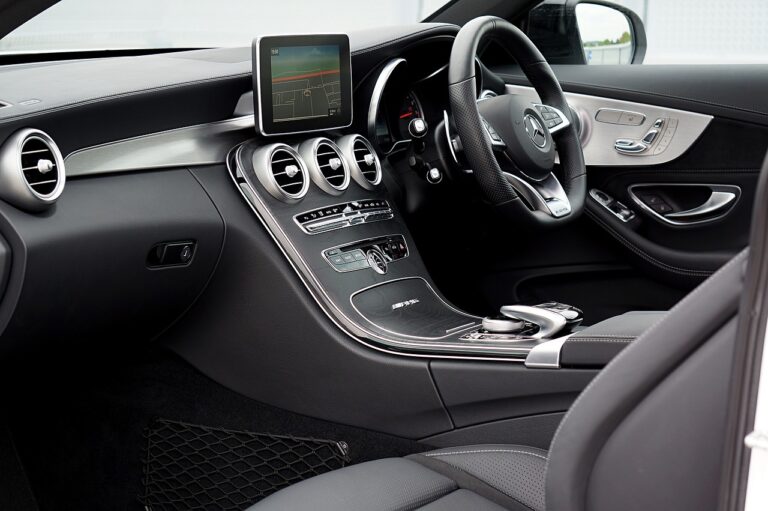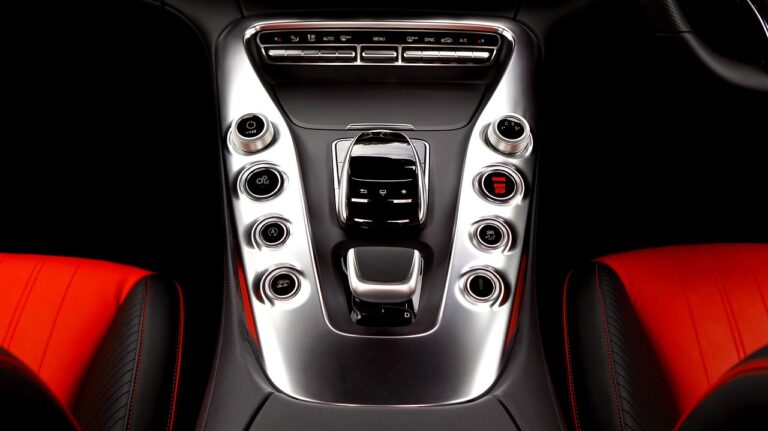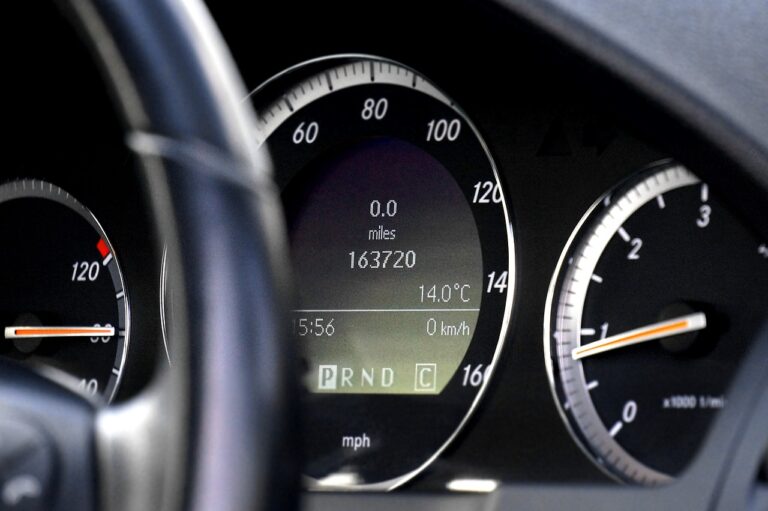Analyzing the Role of Automotive Air Conditioning in Vehicle Adaptive Cruise Control Systems
cricket bet99 login, sky11 login, reddy anna online book:Analyzing the Role of Automotive Air Conditioning in Vehicle Adaptive Cruise Control Systems
Have you ever wondered how your car’s adaptive cruise control system works seamlessly in all weather conditions, keeping you safe on the road? One crucial component that plays a significant role in this technology is automotive air conditioning. In this article, we will delve into the importance of air conditioning in adaptive cruise control systems and how it enhances your driving experience.
Understanding Adaptive Cruise Control Systems
Before we dive into the role of automotive air conditioning, let’s first understand what adaptive cruise control systems are and how they work. Adaptive cruise control (ACC) is an advanced driver-assistance system that automatically adjusts your vehicle’s speed to maintain a safe following distance from the vehicle ahead. This system uses sensors, such as radar or lidar, to detect the distance and speed of vehicles in front of you. By doing so, ACC helps reduce driver fatigue and improve overall safety on the road.
The Role of Automotive Air Conditioning in ACC Systems
Now, you might be wondering, what does automotive air conditioning have to do with adaptive cruise control systems? Well, the answer lies in the sensors used in ACC technology. These sensors rely on accurate temperature readings to function effectively. Extreme temperatures, whether too hot or too cold, can affect the performance of these sensors, leading to inaccurate readings and potentially compromising your safety on the road.
Here’s where automotive air conditioning comes into play. Air conditioning systems help regulate the temperature inside your vehicle, ensuring that the sensors operate optimally regardless of external weather conditions. By maintaining a consistent temperature, air conditioning plays a crucial role in enhancing the reliability and performance of ACC systems.
Enhancing Driving Comfort
Apart from supporting the functionality of ACC systems, automotive air conditioning also plays a significant role in enhancing driving comfort. Imagine driving on a scorching hot day without the luxury of a cool, comfortable cabin. The sweltering heat can not only make your journey unpleasant but also impact your focus and concentration while driving. Air conditioning helps maintain a comfortable temperature inside the vehicle, keeping you cool and alert behind the wheel.
FAQs
1. Can extreme temperatures affect the performance of adaptive cruise control systems?
Yes, extreme temperatures can impact the sensors used in ACC systems, leading to inaccurate readings and compromised safety.
2. How does automotive air conditioning help regulate the temperature inside a vehicle?
Automotive air conditioning systems work by cooling the air and removing excess moisture, thereby creating a comfortable and controlled environment inside the vehicle.
3. Are there any maintenance tips to ensure the proper functioning of automotive air conditioning systems?
Regular inspections and servicing of your vehicle’s air conditioning system can help prevent any potential issues and ensure optimal performance.
In conclusion, automotive air conditioning plays a vital role in supporting the functionality of adaptive cruise control systems and enhancing driving comfort. By maintaining a consistent temperature inside the vehicle, air conditioning ensures that ACC sensors operate effectively, allowing you to enjoy a safe and comfortable driving experience in all weather conditions. So, the next time you activate your vehicle’s adaptive cruise control, remember to thank your trusty air conditioning system for keeping you safe and cool on the road.







